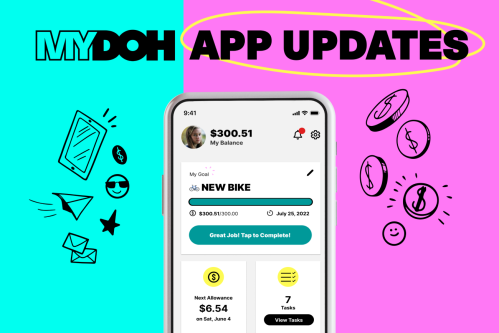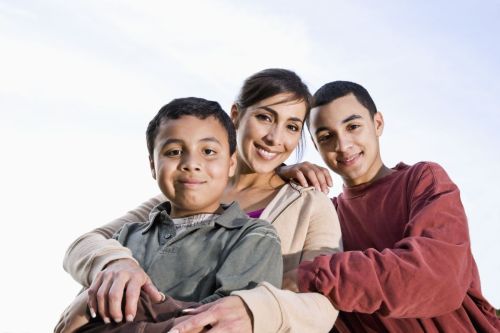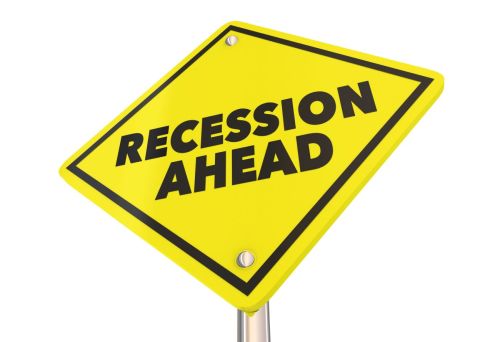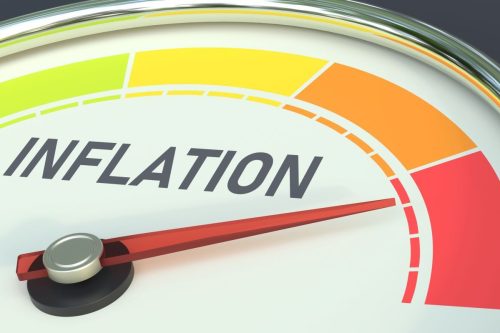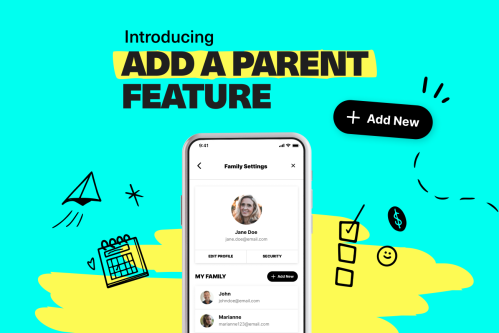If you’re a teen with a part-time job, there are benefits to them filing a tax return with the Canada Revenue Agency (CRA). After all, learning how to prepare your first tax return is an important skill when it comes to learning about financial literacy. While it might feel like a daunting prospect, you don’t need to know your capital gains from your depreciable property in order to file a tax return.
We spoke with Judith Bailey, a Team Lead and CPA with TurboTax, who shared some tips and tricks to help teens prepare their first tax return.
Do under 18 need to file taxes in Canada?
Regardless of age, Canadians are generally required to file a tax return if they earn an amount of money that exceeds the basic personal amount. For the 2023 tax year, the basic personal amount is $15,000. “Usually a teenager has a summer job or casual work; if they earn less than that they aren’t going to be required to file,” says Bailey.
Bottom line: If you’re a teen who earns less than the basic personal amount, you’re not required to file a tax return.

What are the advantages of filing a tax return as a teen?
Maybe you don’t need to prepare a tax return, but that doesn’t mean they shouldn’t. “There are huge advantages to filing a return as a teen,” explains Bailey. Here are some reasons why it may be worth it for you:
You may get a tax refund
“One of the biggest reasons to file a return is you may be entitled to a refund,” Bailey says. Anyone earning under the $15,000 threshold won’t have any tax payable, but you may have had EI (Employment Insurance) and CPP (Canada Pension Plan) contributions automatically deducted by an employer. The reason for this is an employer doesn’t know how much you’ll earn as a teen in a year. At the end of the year, take a look at your total earnings and any common tax deductions. “If you’ve had deductions made and file a return, you could be entitled to a refund,” explains Bailey.
You can build up your RRSP contribution
Bailey says the second biggest reason why you should file a tax return as a teen is to build up your RRSP (Registered Retirement Savings Plan) room. While you’re likely not saving for retirement, you can still start planning for it. “Whenever you file your income tax return, you’ll be able to allocate 18 per cent of that year’s income towards next year’s RRSP contribution room,” explains Bailey. That means if you make $1,000 one year, you’ve built up room for a $180 RRSP contribution. “So if you file taxes when you’re 16, by the time you’re 30, you’re going to have built up 14 years worth of room,” says Bailey. But if you wait until your mid-20s when you land their first real job to file a tax return, you’ll have missed out on all that RRSP contribution room.
You can practice filing a tax return
Preparing a tax return is a life skill just about everyone has to learn at some point. “The earlier you file your return, the simpler it’s going to be,” says Bailey. Which is why learning to file a return where, say, you’ve made $500 over the summer is probably going to be the simplest return you’ll ever do. “Then, each year you do one, it might be a little more complicated, but you’re learning a little bit more as you go,” explains Bailey. She says it’s better to learn now, rather than waiting until you’re are in your twenties and might also have additional considerations, such as deducting donations or moving expenses. “It’s like learning to ride a bike, the earlier you can do it, the better,” she says.
You’re registered with the CRA
Another reason why you should file your taxes as a teen is you’ll be registered on the CRA (Canada Revenue Agency) system. “That way, when you turn 19, you’re automatically eligible for any HST/GST credit,” says Bailey. “As long as you file your return as well.”
It could help boost your family’s tax return
Filing your taxes could also help lower your family’s tax return. For example, if you have medical expenses, you can pool those expenses and have one person (usually a parent) claim them all together. This may help lower their taxes.
If you’re already attending post-secondary school and receive a tuition slip, you may not want to claim the credit, unless you’ve made enough income that year. Instead, you can transfer that amount over to a parent or guardian to use as a tax credit.
Read more: Guide to 2024 Tax Deductions for Families
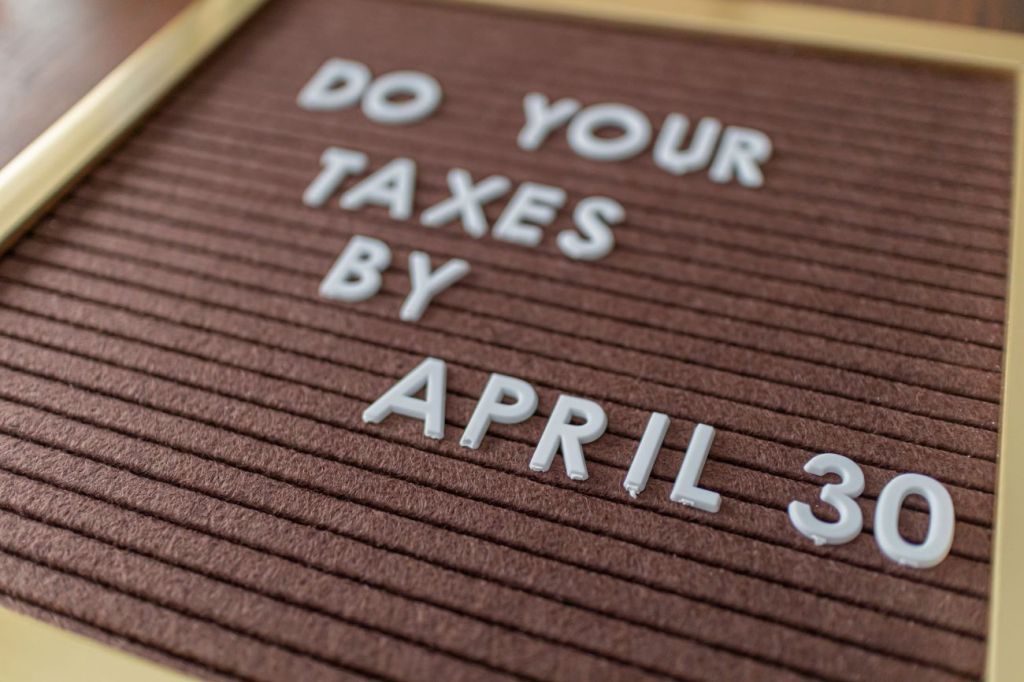
What do teens need to file their taxes in Canada?
Now you know why there are perks to filing a tax return, here’s a checklist of things youcould need to file a tax return as a teen. Depending on your circumstances, you may need all or some of the following:
- Personal information—including your Social Insurance Number (SIN).
- T4 income slips—you should receive a T4 from each employer.
- A total amount from any cash tips or casual cash–in-hand work—teens should keep track of these amounts throughout the year.
- T2202 Tuition and Enrollment Certificate, if you’re enrolled in post-secondary education. You may also be able to claim moving expenses for school, such as flights.
- T5 slip, if you are old enough to invest and only if have earned an income over $50 on any investments in 2023.
How to file your taxes in Canada as a teen
You don’t need to hire an accountant to file a return. Here’s how you can file your taxes in Canada:
NETFILE
NETFILE is an electronic tax-filing service available through the CRA. It will let you do your personal taxes online free of charge.
Benefits of filing your taxes online include:
- An immediate confirmation from the CRA that their tax return has been received.
- No need to send in receipts, unless requested at a later date.
- A refund as quickly as two weeks, deposited directly into your bank account – if you are eligible.
TurboTax Free
TurboTax Free is a zero cost software that’s ideal for simple tax returns. The software is free to use and comes with features such as an auto-fill feature to import tax slips and software that will take care of the math for you.
Pay-what-you-want tax software
There is other tax software available in Canada that offers a pay-what-you-want model. Visit the CRA for a list of providers. Be sure to check that the tax service provider is certified for the tax year you’re filing for.
The biggest takeaway when it comes to taxes for teens? There isn’t much of a downside to filing a tax return. So, why not? Not only are you learning about important tax terms and an essential money skill, but you might just have money coming back to them in the form of a tax refund.
Taxes and financial literacy don’t need to be complicated for teens
Mydoh is a great way to learn about important financial literacy topics like taxes, the basics of budgeting, saving and more. It’s an interactive mobile app and Smart Cash card designed to help kids learn real-life money skills.
Download Mydoh and Smart Cash Card for teens to get started on the path to financial responsibility.
This article offers general information only and is not intended as legal, financial or other professional advice. A professional advisor should be consulted regarding your specific situation. While the information presented is believed to be factual and current, its accuracy is not guaranteed and it should not be regarded as a complete analysis of the subjects discussed. All expressions of opinion reflect the judgment of the author(s) as of the date of publication and are subject to change. No endorsement of any third parties or their advice, opinions, information, products or services is expressly given or implied by Royal Bank of Canada or its affiliates.
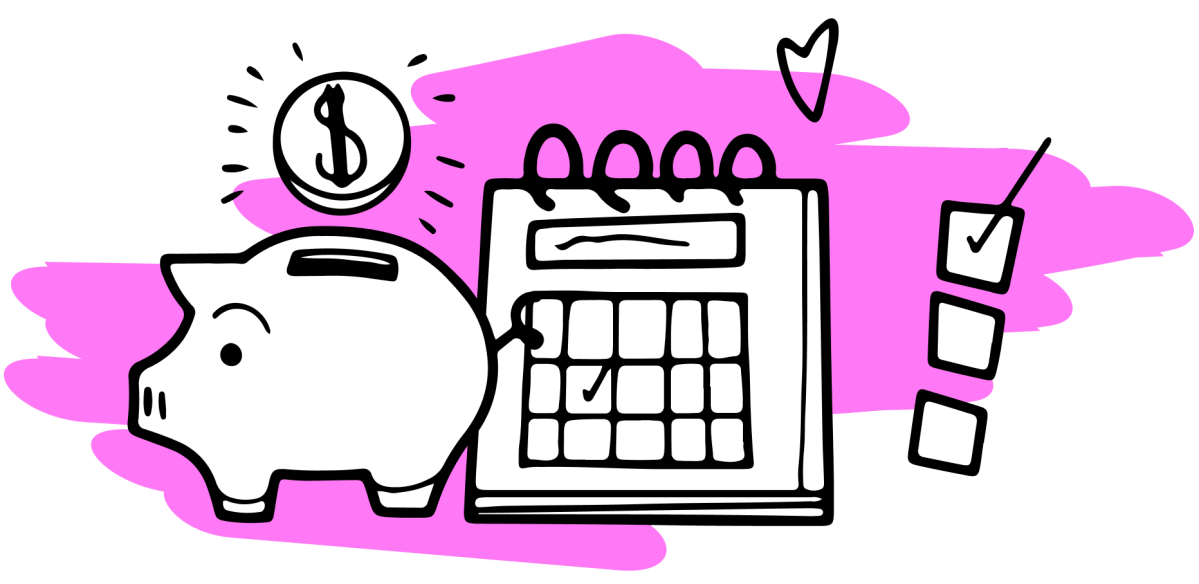
Teach Your Kids How To Earn, Spend & Save Money
with the Mydoh App &
Add up to five kids and two parents on one account.





